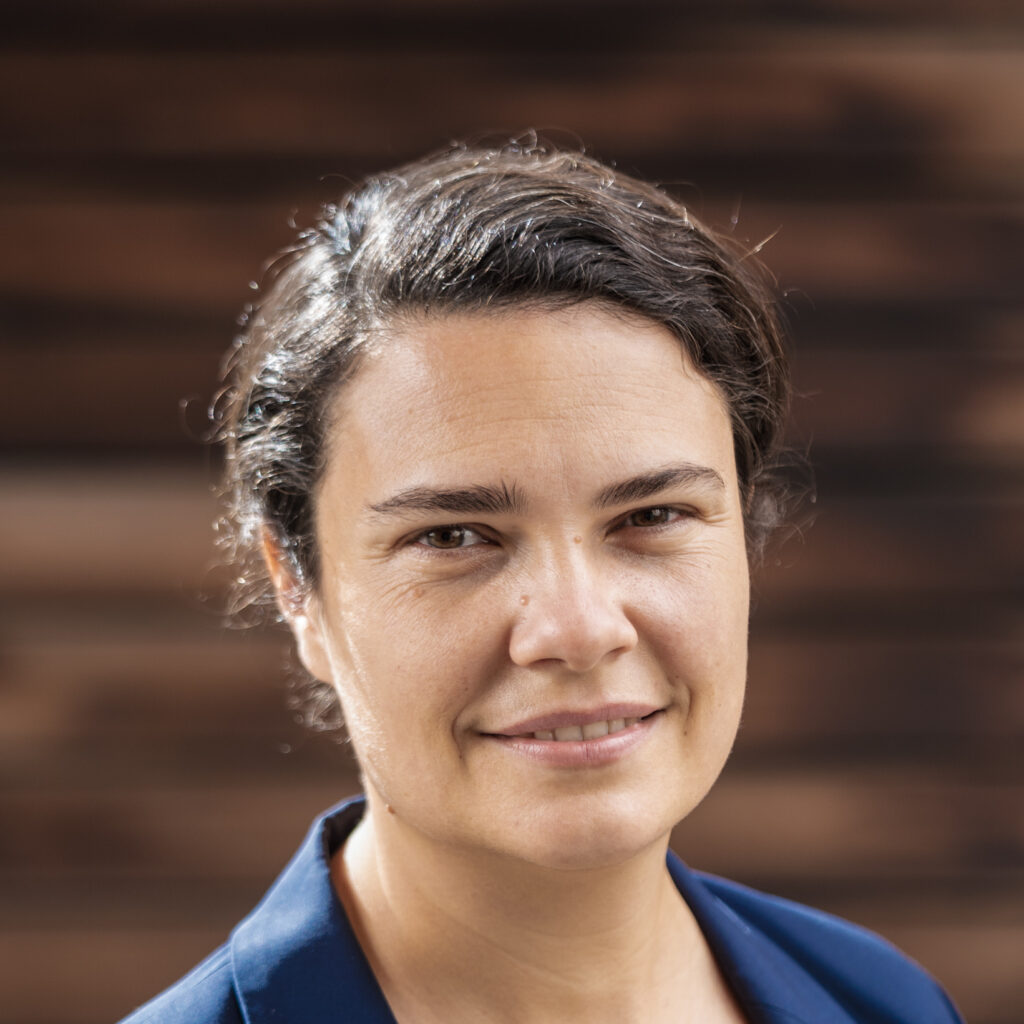Research Areas
Nuclear Materials and Chemistry
Nuclear systems require materials to withstand extreme conditions, which include intense radiation, high temperatures, and corrosive environments. Research in nuclear materials and chemistry aims at understating the synergistic effects between radiation and low and high temperature, high mechanical stress, high temperature water, and liquid-metal and liquid salt environments as well as new manufacturing technologies for materials.The goal is to thoroughly understand the underlying principles of materials, as well as developing new methods to investigate them.


